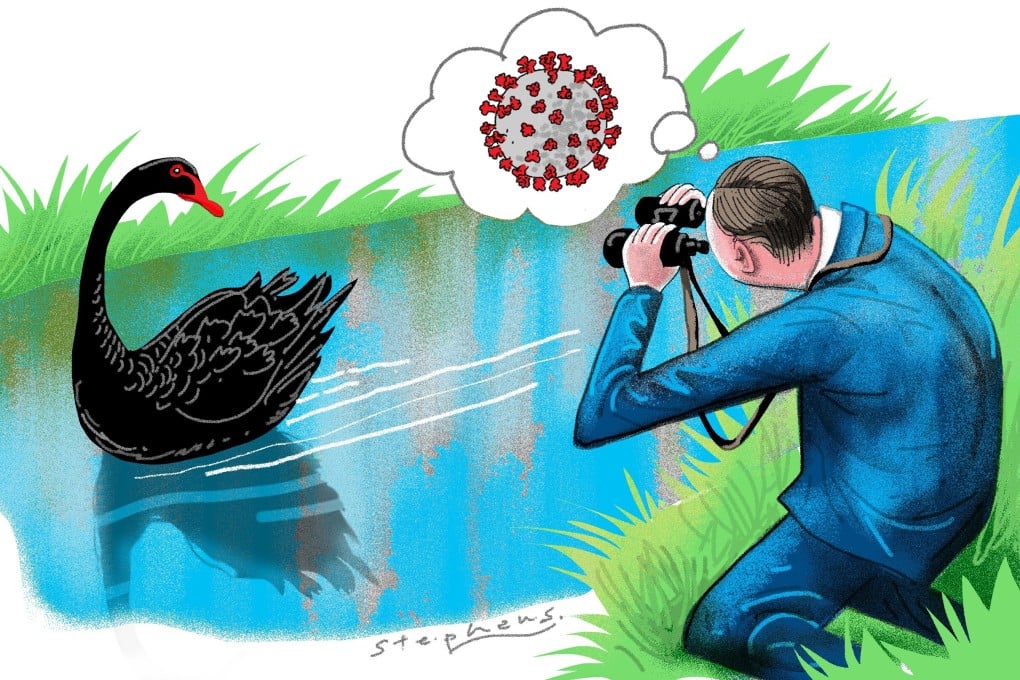Advertisement
Opinion | Covid-19 is no ‘black swan’ and this crisis shows pandemic prevention must be part of government policy the world over
- Global health agencies have spent 25 years helping countries prepare for pandemics but recent operational lapses, including for Covid-19, are a reminder that nations must prioritise funds for emergency response plans
Reading Time:4 minutes
Why you can trust SCMP

Pandemics are conventionally thought of as “black swan” events – totally unexpected and unpredictable. The Covid-19 pandemic challenges this notion.
This pandemic was neither unexpected nor unpredictable; many infectious disease experts, myself included, have repeatedly warned of epidemics of novel and known pathogens that have the potential to threaten both global public health and economic security. A black swan Covid-19 is not – more a grey swan, perhaps.
Over the past 25 years, the world has experienced four pandemics (1970-2020 dengue, 2004-2014 chikungunya, 2007-2016 Zika virus and 2009 H1N1 influenza) and six regional epidemics with pandemic potential (1994 pneumonic plague, 1997-2005 bird flu, 1998-1999 Nipah encephalitis, 1999-2004 West Nile encephalitis, 2002-2003 severe acute respiratory syndrome or Sars, and 2014 Ebola).
Advertisement
All were zoonoses that had jumped from their natural animal hosts to humans; four from bats, three from other mammals and three from birds.
It is uncertain when the Covid-19 epidemic began, but by the time it was reported in Wuhan, China, in late December, and in January, the virus had already spread widely in that country as well as to several neighbouring countries.
Although there were many unknowns about the Sars-CoV-2 virus at the time, its identification as a coronavirus closely related to Sars-CoV-1 and our experience with other epidemics meant that we knew, if there was human-to-human transmission, the high potential for pandemic spread via modern transport.
Advertisement
Select Voice
Select Speed
1.00x
